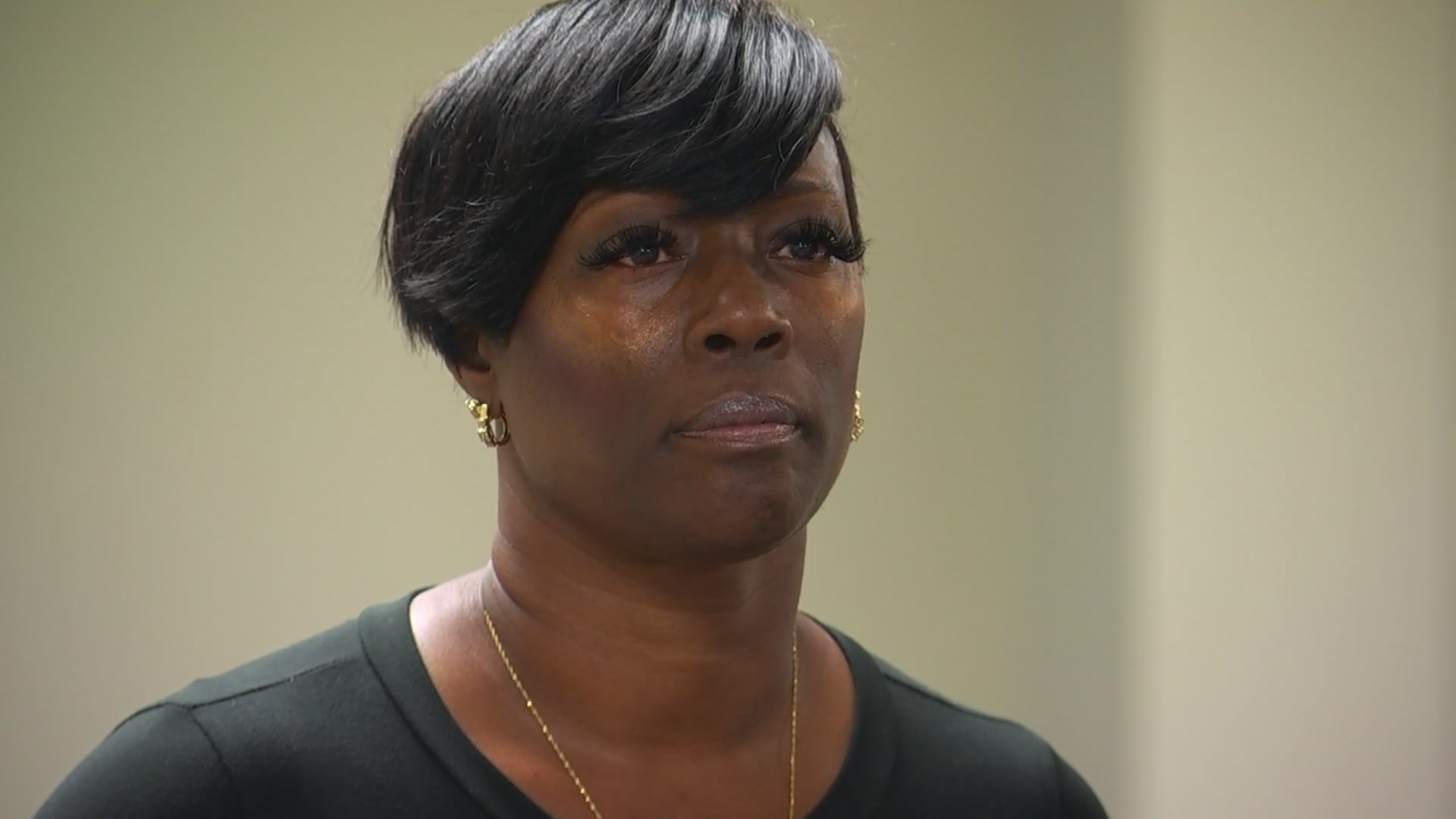Convicted killer Lee Andrew Taylor was executed Thursday evening for fatally stabbing a fellow Texas prisoner, his second murder in a four-year span.
Taylor, 32, used his final statement to tell his mother and wife he loved them and to apologize for the 1999 slaying of Donta Greene at the Texas Department of Criminal Justice Telford Unit near Texarkana. He maintained he was acting in self-defense and criticized the death penalty as "a grave injustice."
"I defended myself when I killed your family member," he said, looking at relatives of Greene, who were among those to watch him die. "Prison is a bad place. There was eight against me.
"I didn't set out to kill him. I am sorry that I killed him, but he would not have been in prison if he was a saint. I hope y'all understand that."
Standing at a death chamber window, Greene's family had no reaction.
Taylor said the death penalty was inhuman and unjust and that not everyone on death row was a monster.
"Everyone changes, right?" he said. "Life is about experience and people change."
Local
The latest news from around North Texas.
Then he told the warden: "I'm ready to teleport."
As the drugs began taking effect, he again looked toward Greene's relatives.
"I hope you don't find satisfaction in this, watching a human being die," he said just before gasping and then snoring. Ten minutes later, at 6:24 p.m., he was pronounced dead, making him the fifth inmate executed in Texas this year.
Taylor's mother sobbed: "This is not right."
Taylor was among only a handful of white convicts sent to death row in Texas for the slaying of a black person. Of the 469 Texas inmates put to death since executions resumed in the state in 1982, he's only the second to be executed for killing a black person. The first was in 2003.
Taylor's punishment was carried out almost two hours after the U.S. Supreme Court, in a 5-4 vote, rejected a last-day appeal. His lawyer argued Taylor had poor legal help at his trial and in earlier appeals. It's an issue similar to the one used Wednesday by condemned Texas inmate John Balentine to win a reprieve from execution Wednesday.
"Lee Andrew Taylor's childhood was fraught with physical abuse, mental illness, neglect, instability, sexual abuse, substance abuse and exposure to traumatic violence," lawyer David Sergi told the court. "A reasonable investigation would have uncovered details of a childhood vastly different and more severe from the one presented to Taylor's jury."
State attorneys opposed the reprieve request.
"He has brutally killed persons both in and out of prison," W. Erich Dryden, an assistant Texas attorney general, told the court. "He has proven beyond any doubt that he is a danger to any society."
At the time of Greene's slaying, Taylor already was serving a life sentence for the 1995 beatings of an elderly couple during a robbery of their home in Channelview, just east of Houston. One of the robbery victims, John Hampton, 79, died. Taylor was 16. He pleaded guilty.
"I did something real atrocious when I was a kid," Taylor, a Galveston native, told The Associated Press in a recent interview outside death row. "I lost my life and somebody lost their life in turn. "It was a very sad day for two individuals and myself."
He blamed the attack against Hampton and his wife, Mildred, 79, on a life of "drugs and sex and rock and roll."
Taylor's lawyers argued unsuccessfully in earlier appeals that prosecutors improperly used that conviction -- when he was under 18 and ineligible for the death penalty -- as evidence to convince jurors to send him to death row for the prison killing.
"The state couldn't give me the death penalty when I was 16, so they got back at me," Taylor said.
Jeff Fletcher, one of his trial lawyers, said, "I felt like he was convicted for something he had done prior to the actual crime for which he was given the death penalty."
Appeals courts disagreed, ruling the death sentence was for the prison slaying. Evidence showed Greene, serving six years for escape and theft in Dallas County, was stabbed 13 times with an 8-inch metal rod.
James Elliott, who prosecuted Taylor for the prison murder, said the case is an argument against those who believe life in prison is a better alternative to the death penalty.
"It's pretty naJive to expect there will be no murders in prison, especially by those who have committed a murder already," he said this week.
Prison records showed Taylor belonged to the Aryan Brotherhood, a white prison gang.
"In prison, it's crazy," he said. "It's about respect. If you lose respect, you've lost everything. ... You have to bond for protection."
Taylor said he and David Richbourg, a second prisoner convicted in the attack on Greene, were the only white inmates on their cellblock. Evidence showed Richbourg used a sharpened piece of plastic to stab Green and brandished his weapon to keep others at bay while Taylor made his attack. Richbourg got 48 years for his part in the melee.
In the earlier case, John Hampton died about two months after the attack and had been in a coma most of the time. His wife required extensive reconstructive surgery to repair her face. Prosecutors said Taylor used money from the break-in to rent a motel room and throw a party.
Taylor said he thought no was home. When the couple appeared, the self-described "16-year-old homeless kid, robbing a house, on cocaine and acid," grabbed a lamp as a weapon.



